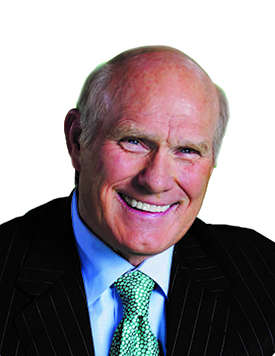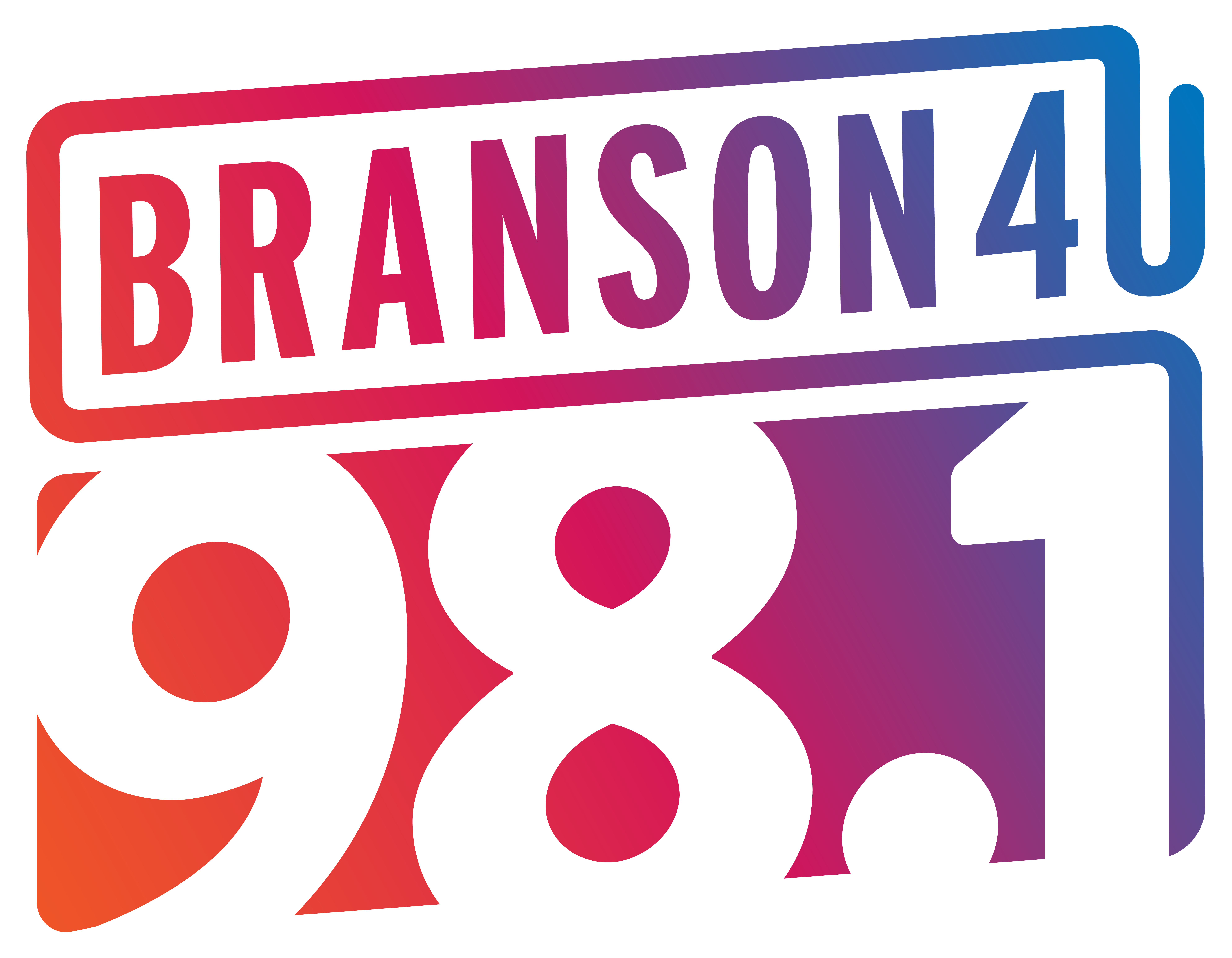
The Missouri House passed the largest budget in the state’s history on Thursday but their colleagues in the Senate said they’re prepared to spend even more, especially on teachers.
Ozarks First Capital Reporter Emily Manley reports on the budge numbers:
Representatives approved a $46.5 billion budget Thursday, but there’s still nearly $2 billion left on the table and Senate leadership said they plan to spend it.
The Show Me State’s cash flow is at an all-time high. Back in January, Gov. Mike Parson sent lawmakers a $47 billion budget request in January during his State of the State address. While in representatives’ hands, the lower chamber has made some changes, including allocating more money to teachers.
“It’s stunning, it’s breathtaking,” Rep. Bill Owen (R-Springfield) said.
Owen previously served in the Missouri House in 1981. He told the lower chamber Thursday, the budget back then was $4.2 billion.
It’s the largest spending plan in Missouri history. Members spend more than eight hours Tuesday fine tuning the $46.5 billion budget. A big chunk of time both Tuesday and Thursday was spent on the Department of Elementary and Secondary Education’s (DESE) budget.
“The amount of spending we’re talking about here is just incomprehensible to the average person,” Rep. Tony Lovasco (R-O’Fallon) said. “I know a lot of my colleagues here share my concerns with the massive amount of spending that we’re about to vote for.”
The House’s version is couple million dollars less than what the governor proposed. Democrats, siding with the governor, pushed back.
“We have a responsibility for common good services that we provide to the people of the State of Missouri,” Rep. Doug Clemens (D-St. Ann) said. “Things like education, roads and bridges. We’re the bread winner for the household.”
A big discussion during DESE’s budget – teacher salaries.
“When we do the math, we are funding public education at a level that is lower than 2007,” Rep. Maggie Nurrenbern (D-Kansas City) said. “Missouri is last in the nation when it comes to our state’s share towards public education.”
The starting salary for teachers in the Show Me State is $25,000, the lowest in the country and nearly 20% under the national average. During his State of the State, Parson asked lawmakers to increase pay to $38,000 for new educators.
Last week, Nurrenbern offered a proposal to the House Budget Committee to allocate the $21 million for raises to the Career Ladder program, giving raises to experienced teachers. The amendment had bipartisan support and was approved by the entire chamber Tuesday.
“In the process of discussing that we realized we already had a great model to help add some state money to maybe some of those teachers’ salaries through the Career Ladder,” Rep. Scott Cupps (R-Shell Knob) said.
Cupps offered an amendment Tuesday adding an additional $15.6 million to the program, sending nearly $37 million to the Career Ladder program. The last time lawmakers funded the initiative was 2010.
Under the state statue, teachers who take professional credits, mentor students or participate with extracurricular activities, fall under the program.
Nurrenbern said there are 125 school districts out of the 518 in the state that will be moving to four-day weeks next year due to a lack of transportation and teachers.
“The school boards are doing it because they don’t have the money to be open for five days,” Rep. Tracy McCreery (D-St. Louis) said. “I just feel like we’re losing sight of students in this debate.”
Senate Majority Leader Caleb Rowden (R-Columbia) said the senate plans to do more.
“I think the desire for folks to get into the teaching space, you really have to feel called to do it at this point,” Rowden said. “Whatever we can do to incentivize really awesome men and women to be in a place to educate our kids, I want to try and do that.”
Rep. Peter Merideth (D-St. Louis) said he’s concerned what will happen to the budget in the Senate because the House is leaving $1.8 million left unspent.
“It’s also my belief that the Senate is going to purpose a whole lot of options to spend that money,” Merideth said. “While I know it hurts a lot of you on the other side of the aisle to spend money, I assure you it is more fiscally irresponsible not to.”
During debate, Merideth did thank the House budget chair Rep. Cody Smith (R-Carthage) for the use of one-time dollars, but said it’s “fiscal immaturity” to not spend the money Missouri was given by the federal government.
“Honestly, this is the first year I’ve stood up here not feeling I’m defending somebody that is being hurt by our budget,” Merideth said. “While I would call this the most bipartisan and best budget I’ve seen, it’s also unfortunately the most unbalanced budget I’ve seen.”
The state’s budget office released earlier this week that the net general revenue is up from $7.85 billion last year at this time to $8.29 billion currently.
House members also approved the governor’s request of giving all higher education universities and colleges a 5.3% funding increasing.
Rep. Betsy Fogle’s (D-Springfield) proposal to allocate $20 million to cover childcare costs for small businesses and essential employees was also added into the budget.
In the transportation budget, Smith said $2.4 million will fully fund the twice-daily Amtrak service that runs between St. Louis and Kansas City, known as the River Runner. The train was reduced to one trip a day back in January due to a lack of funding.
Within the public safety budget bill, $4.4 million is allocated for body cameras for the Missouri Capitol Police and the Missouri State Highway Patrol. It also includes money for MSHP to buy a helicopter.
A provision offered by Smith to block state money from going to abortion facilities and their affiliates, like Planned Parenthood. Last month, Planned Parenthood, who has 11 facilities across the state, but the only location that offers abortion is in St. Louis, sued Missouri for similar language in the emergency supplemental budget bill.
There’s more than $16 million allocated towards Medicaid within the budget, $2.3 million of that is to pay for the expansion population.
One of the biggest differences between the governor’s proposal and the House’s version of the budget is how much money should be spent from the American Rescue Plan Act (ARPA). Parson recommended $3.2 billion to be spent in the next fiscal year, but Smith said he would rather take a “bite size piece” instead of spending it all in one year.
“We’ve heard that we’re spending too much, we’ve heard that we’re spending too little,” Smith said. “What I will say is this budget, while it’s the state’s largest in history, uses a lot of the federal money we’ve been spent to prioritize things like education and various infrastructures like water infrastructure and broadband infrastructure.”
Senate Minority Leader John Rizzo (D-Independence) said Thursday the budget process is behind, and lawmakers are going to be up against the constitutional deadline to get it to the governor’s desk but he wants to see an increase in teacher pay.
Senate confirms Ketanji Brown Jackson to Supreme Court
“I would encourage them [Senate budget committee] to find ways to increase it and keep it moving in the right direction they are grossly underpaid, and we need to right that wrong,” Rizzo said.
By law, the budget must be on the governor’s desk by May 6 at 6 p.m. The legislation is now in the hands of the Senate, who says there will be changes. Rowden said the budget won’t be heard in the Senate Appropriations Committee until the week of April 18, then discussed on the floor the following week.






 Terry Bradshaw Honored for Bringing Branson National Buzz and Career
Terry Bradshaw Honored for Bringing Branson National Buzz and Career
 Missouri Voters Approve Minimum Wage Increase Amid Legal Pushback from Businesses
Missouri Voters Approve Minimum Wage Increase Amid Legal Pushback from Businesses
 Lakes Area Man Facing Federal Charges of Receiving Child Pornography
Lakes Area Man Facing Federal Charges of Receiving Child Pornography
 Branson aldermen examine condemnation and eminent domain process for projects
Branson aldermen examine condemnation and eminent domain process for projects





